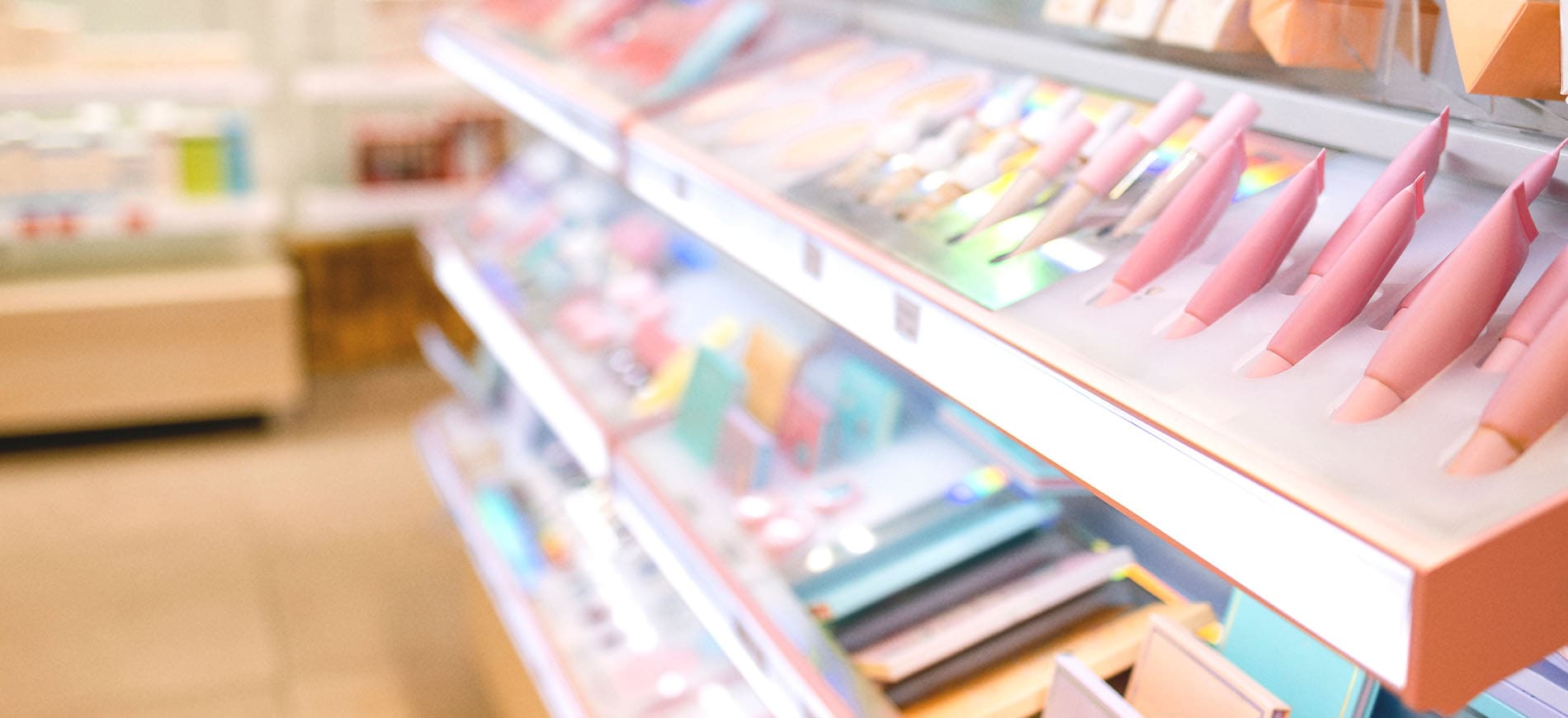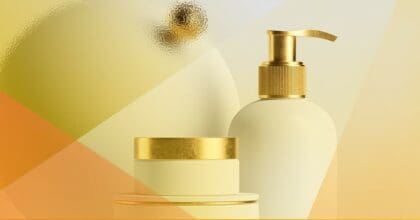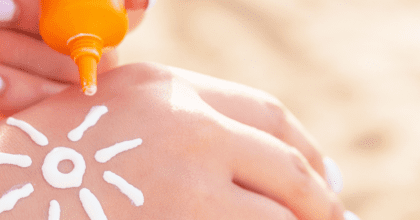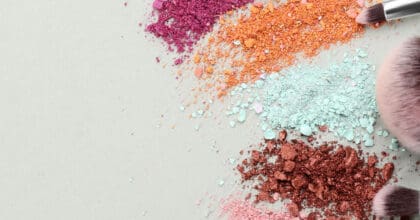The Asia-Pacific (APAC) soap, bath, and shower (SBS) market is positively recovering from the impact of the pandemic and the market is expected to regain its momentum in the next two years.
Consumers are now looking for products that offer more than just cleansing.
Cater to specific skin issues
In China, one in five consumers say they would pay more for shower products that solve specific skin issues. A similar amount of Indian consumers who don’t use SBS products often say they would consider using those that contain facial care ingredients. Upcycling is of particular interest to the Asian market. In South Korea, 37% of consumers have heard of and are aware of upcycled ingredients. Upcycled ingredients can support sustainable SBS routines, which consumers want according to Mintel Trend Hungry Planet.
Siita Monceau Body Wash claims to be the world’s first product with 100% upcycled fragrance. It claims to transform unused and shunned eucalyptus, rose, cedarwood and labdanum into a captivating scent through liposome technology. The brand also uses a biodegradable bottle and communicates to consumers that 0.71 litres of water and 0.02 trees are saved when every product is purchased.
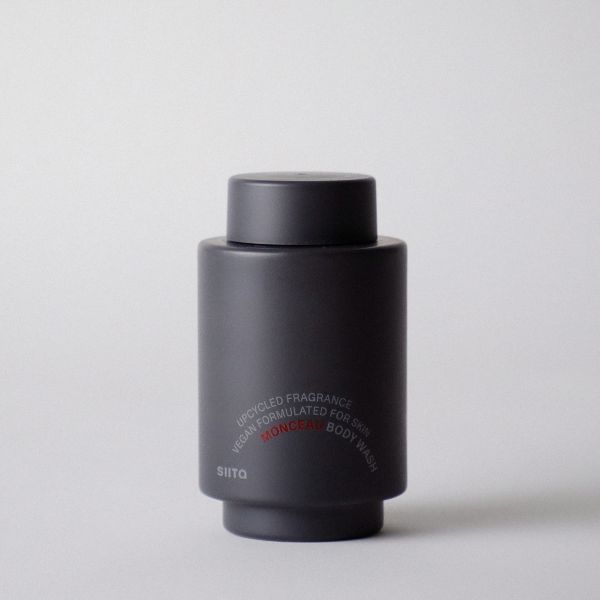
Siita Monceau Body Wash (South Korea); Source: Siita
Product claims for skin sensitivity are not yet mainstream in the SBS category. But the for-sensitive-skin claim has the potential to become established like it has in facial care, along with other rising claims such as dermatologically tested and hypoallergenic.
Address body odour claims
Another benefit that could be explored is body odour control. SBS products with body odour claims account for only 4% of SBS launches in APAC, compared to 2% respectively in Europe and North America, according to Mintel Global New Products Database (GNPD). However, APAC consumers are concerned with their body odour and are looking for SBS products that use new technologies to control it. In Japan, three in five consumers are not happy with their body odour.
As explored in Mintel’s 2023 Beauty and Personal Care Trend ‘Evolved Self-Care’, women’s wellness, including period and intimate care, have become acceptable topics. Thus, SBS brands can explore going beyond just intimate care for women.
Look into local ingredient sourcing
Ingredients are a very important consideration when people shop for SBS products. In Thailand, over half of consumers consider the ingredients when purchasing a facial cleanser. SBS brands have been introducing popular facial care ingredients like hyaluronate and ceramide in their products. Other ingredients that could appeal to customers are vitamin C and cica. According to Mintel research into the overarching themes that drive consumer behaviour trends, the use of local ingredients is very popular in the global BPC industry but it still has to gain ground in the APAC SBS market.
SBS brands must enrich ingredient stories and pay homage to communities by using local ingredients. In India, SBS brands use Ayurvedic ingredients but that is not common in the SBS market.
Refilling, recycling, and upcycling, as part of ethics and sustainability, are expected of companies that manufacture and market beauty and personal care products. Ethics and sustainability are important factors for the growth of the global beauty and personal care industry.
However, APAC consumers have other motivations for purchasing ethical SBS products. In Japan, 38% of consumers consider buying products with recycling claims if they are cheaper than regular products. Over a third of SBS launches in this market have refillable claims.
APAC consumers are also drawn to new products with Community Fair Trade recycled plastic, 100% post-consumer recycled (PCR) plastic and reusable pump claims.
What we think
SBS brands are encouraged to engage consumers with innovative technology that tackles body odour as part of one’s daily personal care routine. They should also prioritise women’s health issues and innovate in this space.
For specialised solutions that address skin issues that consumers face daily, brands must highlight skin-beneficial ingredients in communication and feature ingredient stories that show respect for communities by using local ingredients.
Ethically conscious consumers will be drawn to brands with new refill concepts that are convenient and affordable. Through these concepts, brands have the opportunity to offer new consumer experiences.
If you are interested in learning more about this topic, please contact us today.



















